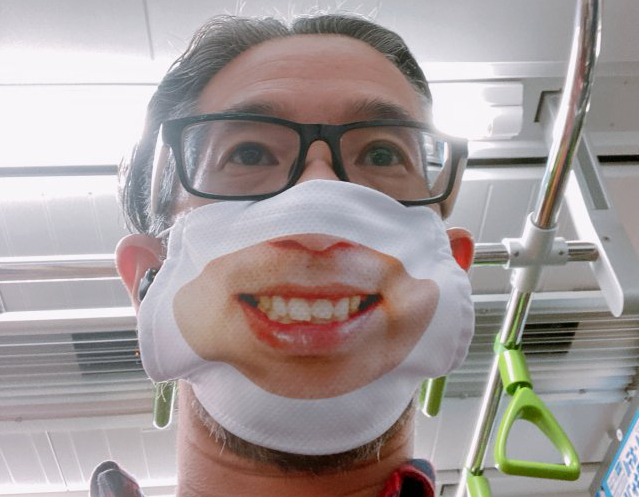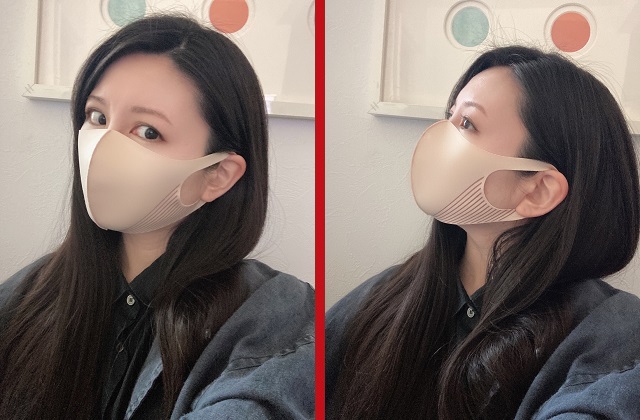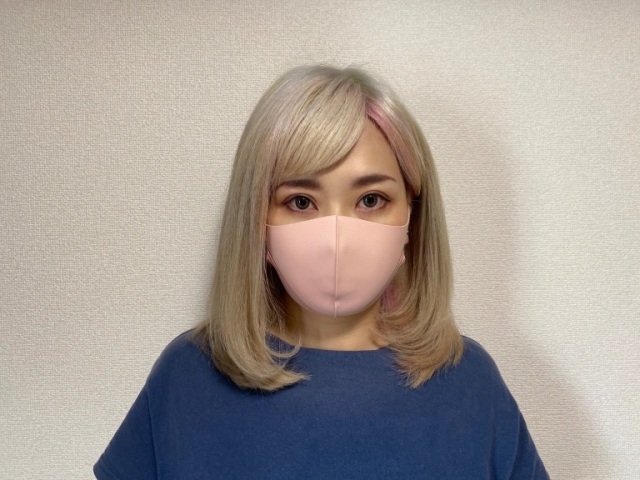Surveys suggest over 80% of Japanese people likely to continue with masks after COVID-19 subsides

It really isn’t all about health either.
When talking about how the COVID-19 pandemic has affected Japan, it is often pointed out that a custom of wearing face-masks had already been in place here for decades. However, back then you might see only one allergy or cold sufferer with a mask in a crowd of a hundred or so people – but now that ratio has been reversed.
This begs the question of what will happen when COVID-19 is no longer considered a society-altering problem. Fashion magazine VOCE decided to find out by a poll of 72 readers, more than 90 percent of whom considered a face mask to be an asset rather than a burden, and feel comfortable with one on.
▼ The recent pandemic has opened up a whole new market of “face masks with beautifying effects“

Granted that’s a rather small sample size, but it echoes the results of another survey by marketing firm Planet earlier this year. In it, 4,000 people were asked more directly if they would continue to wear a mask after the COVID-19 situation subsides.
According to the results, 24.5 percent gave a firm resolution to continue wearing a mask, and a further 47.8 percent said they would probably continue, but not as strictly. It would be more on their own terms based on the situations, like in crowded places, or time of year, such as cold and flu season. A further 11.8 percent responded that they don’t really want to wear a mask, but would if everyone else is, to avoid causing a problem.
That leaves only 15.9 percent who said that they would flat-out stop using face masks after COVID-19.
The reasons for this are actually largely the same as they were before the COVID-19 pandemic ever started. Firstly, face masks are a great way to hide cosmetic imperfections, from blemishes to bone structures that weren’t shaped to one’s liking. They can also save a lot of time for people who regularly use makeup by covering up over half the real-estate in one fell swoop.
Masks also hide facial expressions, which means people don’t need to fake them as often in certain social situations. That in turn reduces anxiety some people may have of others reading their face to detect lies or true emotions hiding beneath the surface.
▼ See, Ikuna is perfectly happy with her mask…or maybe she’s angry about it

Comments online have only added to the list of benefits when it comes to wearing a face mask, and very few of them have anything to do with COVID-19.
“The number of times I’ve had to shave in the mask era has decreased dramatically.”
“This is a paradise for ugly people.”
“With masks you don’t have to worry about nose hairs sticking out.”
“It’s better during the winter anyway because the dry air won’t hurt your throat.”
“My face probably makes embarrassing expressions at this point, plus I can chew gum at work now.”
“I do a chin mask unless I’m indoors or in a crowded place, so it’s no problem at all.”
“I get skeeved out now without a mask on a train where everyone is breathing all over the place.”
“It’s good at hiding a hangover.”
“I don’t smell other people’s bad breath nearly as much now.”
Overall, people don’t seem terribly enthusiastic about wearing face masks, but the coverings do seem to fix a lot of peripheral pet peeves that people have. One could argue that these problems would be better solved by tackling the underlying issues such as encouraging better hygiene and less superficiality about people’s looks, or by working towards a society where people don’t have to feel forced to smile, but instead do so willingly.
One could argue all that, but it still doesn’t change that face masks can make you look like a ninja while you’re grocery shopping.
Source: Yahoo! Japan News, Planet Inc., Itai News
Photos ©SoraNews24
● Want to hear about SoraNews24’s latest articles as soon as they’re published? Follow us on Facebook and Twitter!
Credit:




0 comments: